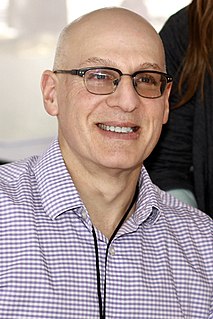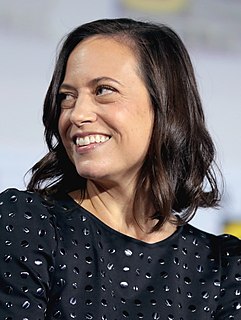A Quote by Laurence Sterne
The mind should be accustomed to make wise reflections, and draw curious conclusions as it goes along; the habitude of which made Pliny the Younger affirm that he never read book so bad but he drew some profit from it.
Related Quotes
We stand in need of such reflections to comfort us for the loss of some illustrious characters, which in our eyes might have seemed the most worthy of the heavenly present. The names of Seneca, of the elder and the younger Pliny, of Tacitus, of Plutarch, of Galen, of the slave Epictetus, and of the emperor Marcus Antoninus, adorn the age in which they flourished, and exalt the dignity of human natures.
A bronze plaque read: GAIUS PLINIUS CAECILIUS SECUNDUS Dan made a face. "Get a load of the guy with the funny name." "I think that's Pliny the younger, the famous Roman writer," Amy supplied. She bent down to read the English portion of the tablet. "Right. In A.D. 79, Pliny chronicled the destruction of Pompeii by the eruption of Mount Vesuvius. It's one of the earliest eyewitness accounts of a major disaster." Dan yawned. "Doesn't this remind you of the clue hunt? You know–you telling me a bunch of boring stuff, and me not listening?
Corliss wondered what happens to a book that sits unread on a library shelf for thirty years. Can a book rightfully be called a book if it never gets read? If a tree falls in a forest and gets pulped to make paper for a book that never gets read, but there's nobody there to read it, does it make a sound?
I am very bad at remembering the books I've read and so recently I had a wonderful experience. I decided I wanted to teach Toni Morrison's The Bluest Eye. I hadn't read it in twenty-five years. I was surprised to find how much I drew from that book. Stole from that book, learned from that book about writing. I had forgotten and there it was. Morrison has called that text faulted. I cannot see how.
As I view it, in every family a record should be kept...that record should be the first stone, if you choose, in the family altar. It should be a book known and used in the family circle; and when the child reaches maturity and goes out to make another household, one of the first things that the young couple should take along should be the records of their families, to be extended by them as life goes on...each one of us carries, individually, the responsibility of record keeping, and we should assume it.
If we wish to draw philosophical conclusions about our own existence, our significance, and the significance of the universe itself, our conclusions should be based on empirical knowledge. A truly open mind means forcing our imaginations to conform to the evidence of reality, and not vice versa, whether or not we like the implications.







































